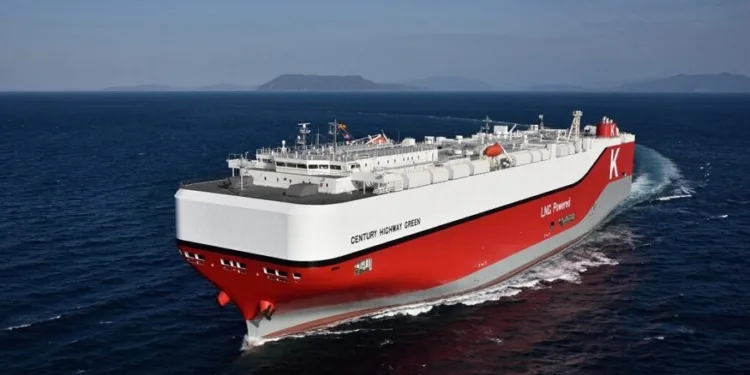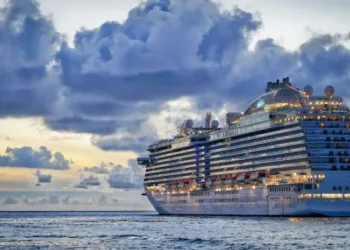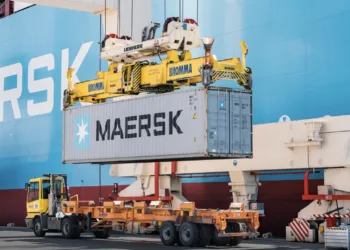A contribution from RMS Marine.
As global trade continues to expand, the maritime industry is facing increased pressure to reduce its environmental impact. Rising sea levels, pollution, and climate change have made it clear that sustainable practices at sea are no longer optional—they’re essential. Marine service providers are now rethinking their roles, adopting new methods, and supporting cleaner shipping operations to help build a more sustainable future.
In recent years, international regulations have raised the bar for environmental accountability in the maritime sector. Initiatives like the IMO 2020 sulphur cap and the push toward net-zero emissions by 2050 have set clear expectations for cleaner operations at sea.
Marine service providers are helping shipowners comply with these rules by:
These efforts ensure that vessels not only meet regulatory requirements but also reduce their overall impact on the environment.
Sustainability in shipping extends beyond vessels—it also includes the operations that support them. Marine service providers are implementing sustainable practices in their own day-to-day work:
These changes, though often behind the scenes, contribute significantly to a cleaner, more efficient marine supply chain.
Technology plays a vital role in driving sustainability across the marine industry. Service providers are using digital tools and data to improve operations while cutting emissions and waste. Key developments include:
By integrating these technologies, marine service companies are making operations more efficient and environmentally friendly.
Sustainability is a shared responsibility. Marine service providers, port authorities, vessel owners, and regulators are increasingly working together to promote greener practices. Initiatives such as green shipping corridors, alternative fuel testing, and shared emission reduction targets are examples of how collaboration is shaping a more sustainable future.
Providers are also supporting innovative pilot programs, including those focused on hydrogen and ammonia-fueled ships, showing a willingness to adapt and lead during a time of industry-wide change.
Transitioning to more sustainable practices isn’t without challenges. Costs, training, and evolving regulations can all present obstacles. But these challenges also bring new opportunities to lead, innovate, and stand out in a competitive market.
Marine service providers that commit to sustainability are building long-term value—not just for their customers, but for the environment and future generations.




















